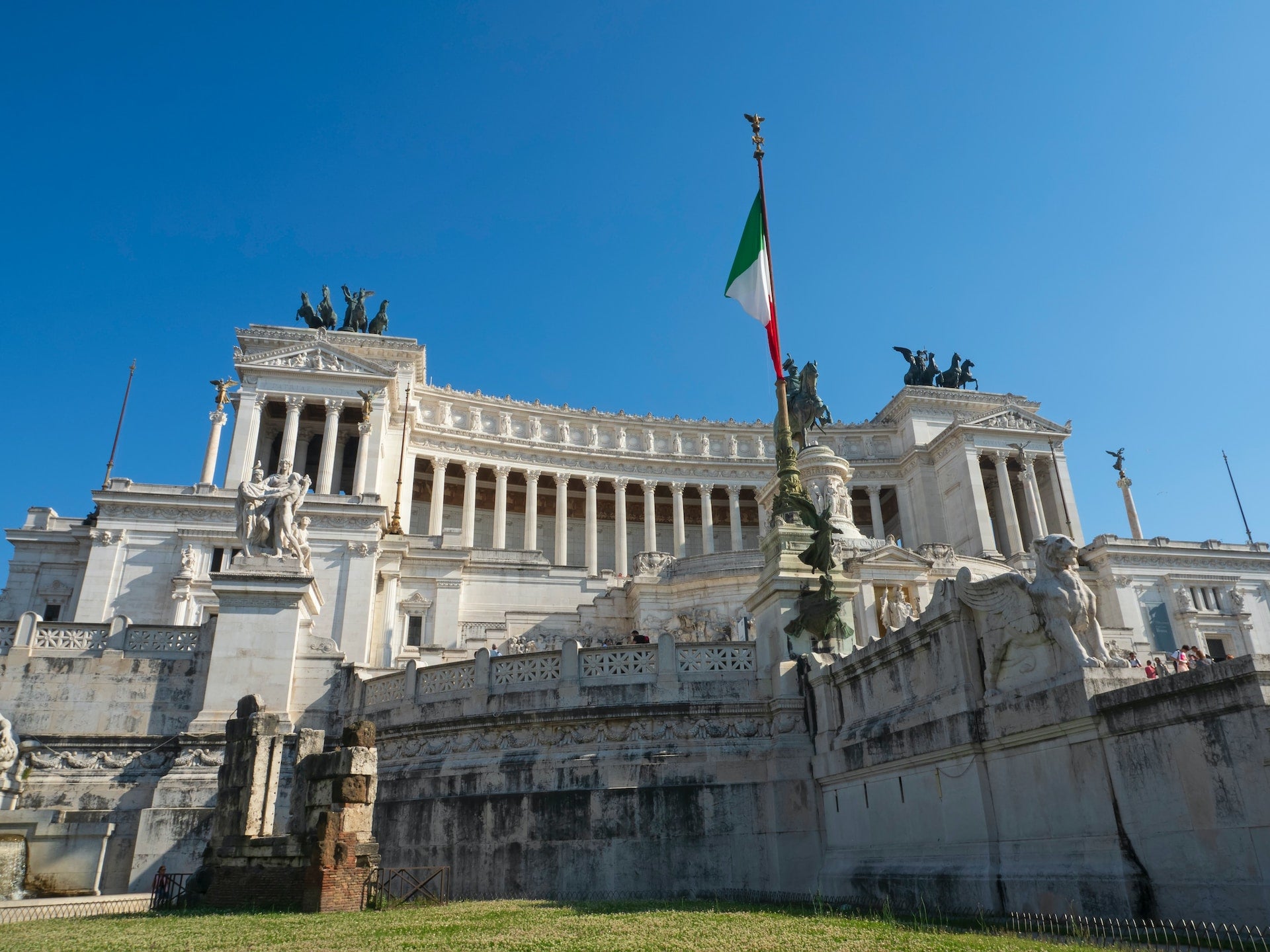
Italian government has proposed a new legislation in the parliament to divide retail and investment banks, reported Reuters.
Brought forward by the ruling party Brothers of Italy (FdI), which is Italian Prime Minister Giorgia Meloni’s party, this proposal comes following the collapse of two US banks and the emergency sale of Credit Suisse to UBS.

Access deeper industry intelligence
Experience unmatched clarity with a single platform that combines unique data, AI, and human expertise.
These developments have sparked worries about systemic stress, which could lead to the collapse of more banking groups.
According to the draft law seen by the news agency, banks would have a year to restructure their operations and decide between commercial and financial investment-related businesses.
The bill states that allowing retail banks to engage in “speculative trading” is “dramatically negative for the real economy and undermines the most elementary principles of safeguard for the social and ethical foundation of the economy.”
The bill was presented in the lower house of parliament on 17 March 2023.

US Tariffs are shifting - will you react or anticipate?
Don’t let policy changes catch you off guard. Stay proactive with real-time data and expert analysis.
By GlobalDataIt is backed by Tommaso Foti, the head of the FdI in the lower Chamber of Deputies, and fourteen other party members, including former Economics Minister Giulio Tremonti.
In 2018, FdI proposed a nearly identical bill, but it could not go beyond the committee stage.
At the time, FdI was in opposition and Meloni was the chief sponsor of the bill.
“We believe that the issue is worthy of attention and therefore we have decided to present the bill again,” Foti told the news agency.
“Meloni’s office was not informed about the legislative proposal as parliamentary initiatives are distinct from government ones,” he said, adding he was confident the bill could be successful.
If the legislation passes the floor test, it will essentially reinstate laws from the 1930s that were repealed in the 1990s because of deregulation reforms.







